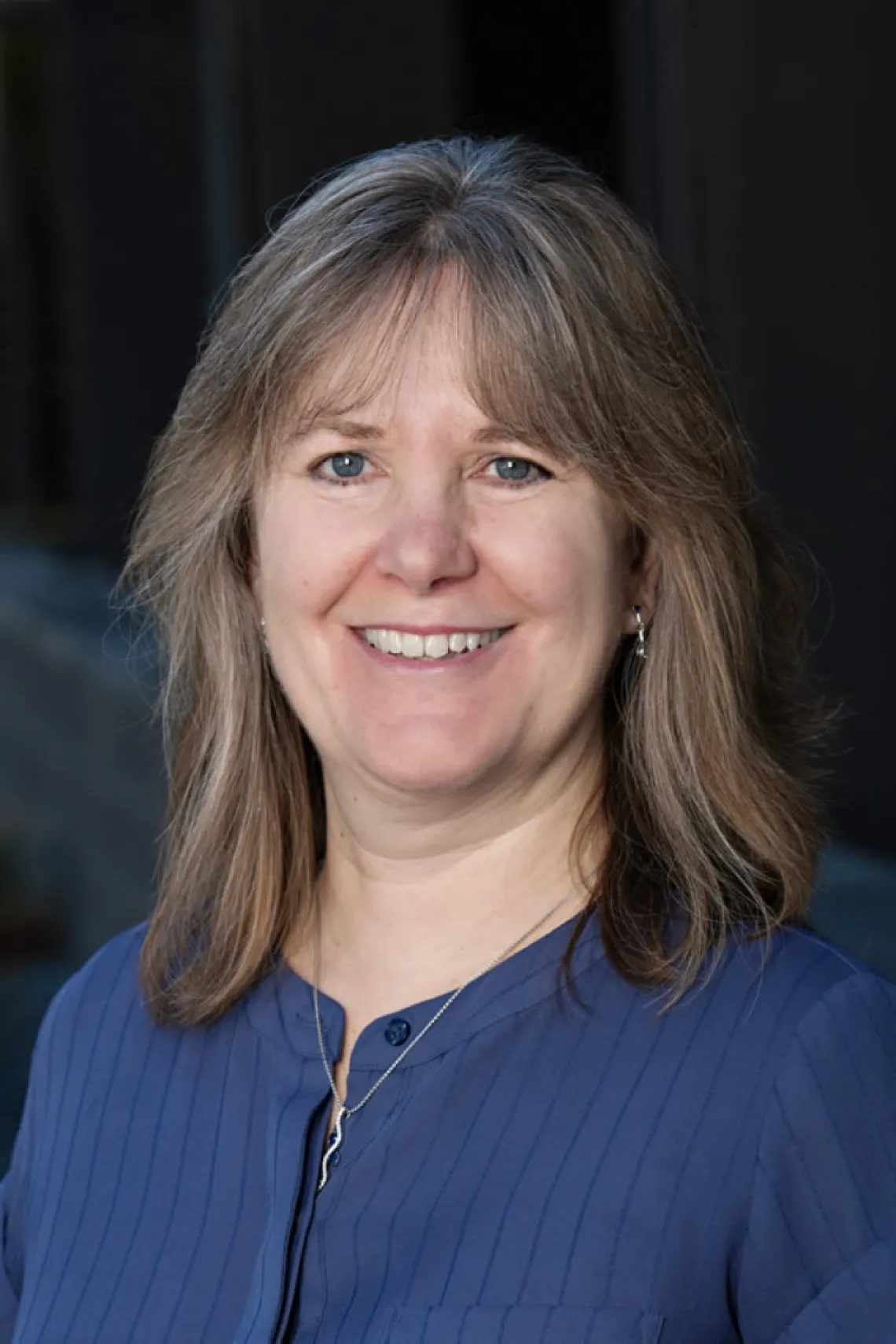Co-Teaching Spotlight: Learning Together in an Asynchronous, Online Course

Dr. Linda Pallock
Dr. Linda Pallock, Associate Professor of Practice in Human Development and Family Science, is co-teaching HDFS: 447A: Sociocultural Contexts of Development this semester with Dr. Zicheng Deng, postdoctoral scholar in the Department of Child Health at the College of Medicine-Phoenix. In this interview, they share how their interdisciplinary partnership has given them a unique chance to learn from each other’s perspectives and backgrounds.
What attracted you to the CIRTL program?
Zicheng: In my career plan, I hope I can work in a university in the future. However, I did not have any teaching experience, because I only focused on research during my graduate study and postdoc work. I think the CIRTL program has been an excellent chance for me to learn how to teach a course effectively and gain some teaching experience. Here, I found professional mentors who can guide me, as well as other postdocs who are interested in teaching so that we can exchange ideas. It is a great platform for the people who are preparing for the next stage in their academic career.
Linda: I had not heard about this program until Zicheng chose my class to co-teach. As soon as I heard about the program, I knew I wanted to participate. I love teaching and was thrilled to be able to mentor and work closely with a post-doc student who wanted to learn more about teaching. I liked that the postdocs were in a class learning about the Scholarship of Teaching and Learning (SOTL) and I was eager to learn from him as much as he learned from me.
What did you enjoy about the experience?
Zicheng: I really enjoy communicating and discussing with my mentor Linda and colleagues during this program. My mentor has a lot of teaching experience, I learn immensely from her expertise and curriculum design. She is also very friendly and open-minded, so we collaborate very closely even though I had no teaching experience before this and we are in two different cities. On the other hand, the learning community is also very helpful! We can discuss with other colleagues if we have any questions, share ideas, and learn new technologies that can be used in our teaching.
Linda: I really enjoy meeting weekly with Zicheng and discussing the content, what the student learning outcomes are, why we are choosing certain readings, what the recorded lectures will cover, and how to best assess student learning. Discussing this each week has made me think much deeper about all the different aspects of my course. I also really loved that Zicheng is from China and in this class I try to incorporate many things from a global perspective, so getting to learn more about Chinese culture, religion, and family was fantastic! I am looking forward to the weeks Zicheng teaches to learn even more!
Did anything surprise you?
Zicheng: The first thing that was most surprising to me was how many different teaching materials were used in her course. Since this is an online course, it is difficult to infuse active learning strategies into this course. I thought online courses meant uploading a record of lecture or using an online meeting room like zoom for lecturing. However, Linda combined reading materials, lectures, TED/YouTube videos, online discussions, individual/group homework, and other strategies to help the students to acquire the knowledge from this course. When I grade the students’ assessments, I know that these strategies work! Online courses sometimes are considered to be a less effective way of teaching because without regular class meetings, students must motivate themselves to stay on track with coursework and assignments. But, when I first assessed the students' work, I was pleasantly surprised by the extent to which the students had learned and the quality of their homework. I believe the combination of different online activities and teaching materials can make an online course as effective as a traditional in person course.
Linda: Even though we were in different cities (Tucson and Phoenix) we have been able to collaborate very easily. Our class is fully online and consists of recorded lectures, discussion postings, assignments, and group work but each week the teaching team meets to go over grading and make sure we are consistent (there are 5 of us total), talk about upcoming topics, and any questions.
What advice would you give other co-teaching teams?
Zicheng: Sometimes great ideas may come from daily chat, so I would like to advise other mentees to keep communicating with their mentor or colleagues. Sometimes I feel I have nothing new to report or discuss before a meeting, but I find I can learn something or have new ideas during the meeting. Besides, I think being open to new technologies is also important in teaching. I learned some new technologies from our learning community which I thought were too new to be used in our work. After I learned more about them from other colleagues, I noticed that these technologies could help us save a lot of time if we use them correctly. Therefore, I think the technologies are updating everyday and we should open to them and try to make them become useful tools.
Linda: Be open to new ideas and feedback. This is such a wonderful opportunity to collaborate and learn from one another. I’m really happy I made extra time to ensure Zicheng and I could meet weekly and feel like we both learned a lot from each other and brought new ideas to the class, teaching and students. I also think the students benefit from co-teaching teams.

